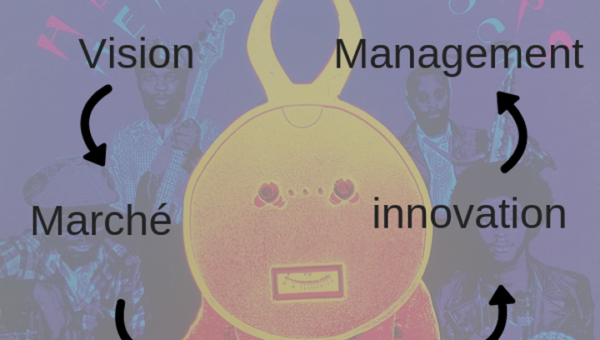As the head of my recruitment firm at that time, I was involved in an exciting strategy for the acquisition and development of talents in West Africa for an industrial multinational group. It was probably the most thrilling project I have worked on. The area manager I worked with warned me: “it’s not a five-legged sheep that we’re looking for, Yann, but a flock of sheep with five legs!”.
Business Case
The Africa strategy of this Anglo-Saxon multinational, one of the world leaders in industrial equipment, led it to create a regional West African hub. The aim was to provide the hub with the best talents and expertise in the market, in order to serve better its distributors: marketing, sales, technical expertise on new products, support for network development, new products, digital services, …
The recruitment of all of the regional hub staff, which I led at that time with my team, included more than one challenge.
Real “local content”
My client’s wish was to implement a “local content” policy for this region. I mean a real one, to support his long-term strategy in West Africa.
From the positions of Country Director, to those of Area Managers and Consultants with highly specialized technical expertise, we had to look all around the world for candidates from the region and the countries involved. They had to be experts in their respective fields and to have been exposed to international corporate environments for a long time, before planning for a long-term commitment in Africa.
Mandarin or Nothing
Moreover, the employer had long smartly anticipated the rise of its large Chinese accounts in Africa, which he provided in equipment for mining, construction and energy supplies. Also for more than one third of these recruitments conducted over several years, in addition to the perfect French/English bilingualism, we had to find candidates (West African then, I recall) who spoke fluently Mandarin, or with the basics and willing to improve very quickly in the language, in order to consolidate a competitive advantage. A sixth leg had just grown to the flock of sheep!
Our networks within the Conficius Institutes covering the African continent (https://www.lemonde.fr/afrique/article/2016/07/11/l-operaion-seduction-des-instituts-confucius-en-afrique_afrique_4967787_3212.html) and the contacts we had within the professional associations of African people trained in China were of great help at that time.
Talking to future “returnees” about real carrier bridges bringing them back to Africa.
Once we found the rare pearls, it was necessary to convince these professionals working in international carriers in the US, Canada, Switzerland, France, Belgium, the UK and China to give up sometimes half of their pay as “returnees.”
This is where the recruiter brings a bonus. Because he was able to develop a special relationship with his client, giving him an opportunity to better know him. It is also because he fully understood him and believes in his project that he is perfectly able to “sell” his next years of professional life to candidates he finds for his client.
And in this case, we were able to convince those candidates only because the employer offered real “carrier bridges” with opportunities for evolution, involvement in exciting projects and attractive mobility in the continent and beyond.
These factors largely mitigated, over a few years, the initial wage “renunciation”. As proof, more than 90% of the placed candidates I have been in touch with are still in group 6, 7, or 8 years later, and fully happy.
I have learned two lessons from this experience:
- When you look for African talents of high levels, you find them. Today in the multinational subsidiaries in Africa, the number of expatriates found among executive committees or technical managers has reduced from the 40 or maybe 50% only 20 years ago, to less than 15%.
- In order to attract, retain and get the best from these African Diaspora talents, some companies have understood for a long time the value of making their long-term Africa vision/project consistent with their actions.
However, companies may not always have very clear ideas, due to lack of experience of these geographic areas and specific contexts. A headhunter specialized in these issues can be of valuable assistance and help them save time and …. money.
No, No, I am not referring to anybody in particular… : – )




